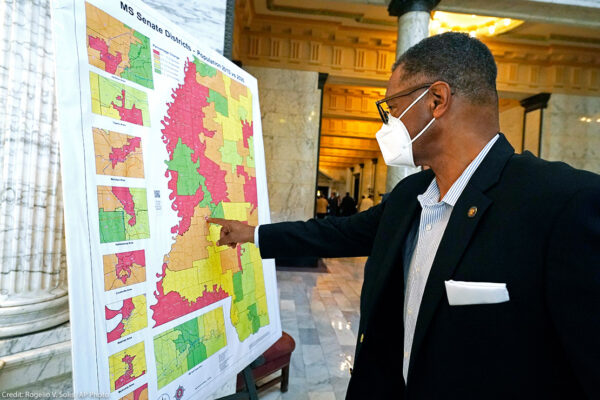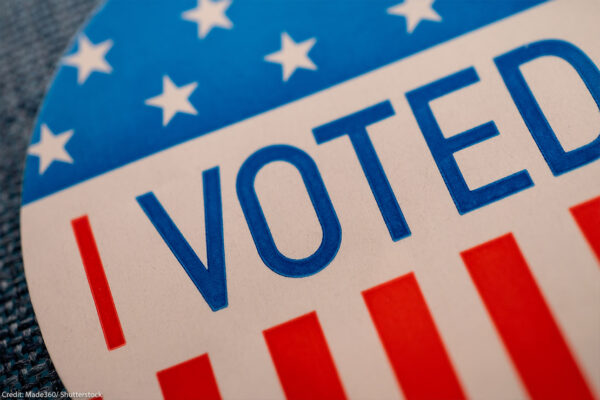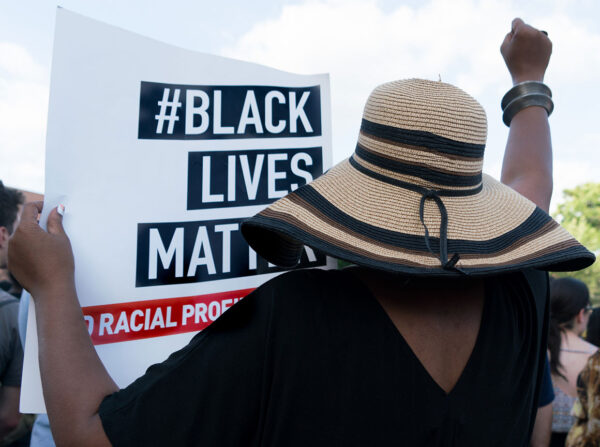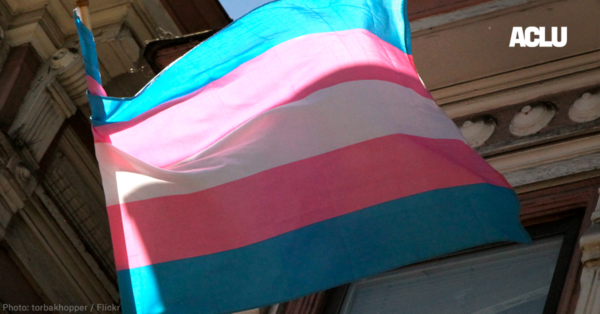Supreme Court Term 2025-2026
We’re breaking down the cases we've asked the court to consider this term.
Latest Case Updates
Ongoing
Updated November 10, 2025
Ongoing
Updated November 7, 2025
Ongoing
Updated November 5, 2025
Ongoing
Updated November 4, 2025
Featured
U.S. Supreme Court
Nov 2025

Voting Rights
Racial Justice
Allen v. Milligan
Whether Alabama’s congressional districts violate Section 2 of the Voting Rights Act because they discriminate against Black voters. We succeeded in winning a new map for 2024 elections which, for the first time, has two congressional district that provide Black voters a fair opportunity to elect candidates of their choosing despite multiple attempts by Alabama to stop us at the Supreme Court. Despite this win, Alabama is still defending its discriminatory map, and a trial was held in February 2025 to determine the map for the rest of the decade.
In May 2025, a federal court ruled that Alabama's 2023 congressional map both violates Section 2 of the Voting Rights Act and was enacted by the Alabama Legislature with racially discriminatory intent.
Washington, D.C.
Oct 2025

Voting Rights
League of Women Voters Education Fund v. Trump
On March 25, 2025, in a sweeping and unprecedented Executive Order, President Trump attempted to usurp the power to regulate federal elections from Congress and the States. Among other things, the Executive Order directs the Election Assistance Commission‚ÄĒan agency that Congress specifically established to be bipartisan and independent‚ÄĒto require voters to show a passport or other citizenship documentation in order to register to vote in federal elections. If implemented, the Executive Order would threaten the ability of millions of eligible Americans to register and vote and upend the administration of federal elections.
On behalf of leading voter registration organizations and advocacy organizations, the ļž–” ”∆Ķ and co-counsel filed a lawsuit to block the Executive Order as an unconstitutional power grab.
U.S. Supreme Court
Oct 2025

Voting Rights
State Board of Election Commissioners v. Mississippi State Conference of the NAACP
Mississippi has a growing Black population, which is already the largest Black population percentage of any state in the country. Yet. Black Mississippians continue to be significantly under-represented in the state legislature, as Mississippi’s latest districting maps fail to reflect the reality of the state’s changing demographics. During the 2022 redistricting process, the Mississippi legislature refused to create any new districts where Black voters have a chance to elect their preferred representative. The current district lines therefore dilute the voting power of Black Mississippians and continue to deprive them of political representation that is responsive to their needs and concerns, including severe disparities in education and healthcare.
U.S. Supreme Court
Oct 2025

Voting Rights
Louisiana v. Callais (Callais v. Landry)
Whether the congressional map Louisiana adopted to cure a Voting Rights Act violation in Robinson v. Ardoin is itself unlawful as a gerrymander.
Missouri
Sep 2025

Voting Rights
Wise v. Missouri
In unprecedented fashion, the State of Missouri has redrawn the district lines used for electing members of Congress for a second time this decade. These new district lines are gerrymandered and will harm political representation for all Missourians, particularly Black residents in Kansas City, who have been divided along racial lines.
Mississippi
Aug 2025

Voting Rights
White v. Mississippi State Board of Elections
District lines used to elect Mississippi’s Supreme Court have gone unchanged for more than 35 years. We’re suing because this dilutes the voting strength of Black residents in state Supreme Court elections, in violation of the Voting Rights Act and the U.S. Constitution.
Louisiana
Aug 2025

Voting Rights
Nairne v. Landry
Nairne v. Landry poses a challenge under Section 2 of the Voting Rights Act of 1965 to Louisiana’s House and Senate legislative maps on behalf of plaintiff Black voters and Black voters across the state.
Ohio
Jul 2025

Reproductive Freedom
Planned Parenthood Southwest Ohio Region et al., v. Ohio Department of Health, et al.
The ļž–” ”∆Ķ, the ļž–” ”∆Ķ of Ohio, Planned Parenthood Federation of America, the law firm WilmerHale, and Fanon Rucker of the Cochran Law Firm, on behalf of Planned Parenthood Southwest Ohio Region, Planned Parenthood of Greater Ohio, Preterm-Cleveland, Women‚Äôs Med Group Professional Corporation, Dr. Sharon Liner, and Julia Quinn, MSN, BSN, amended a complaint in an existing lawsuit against a ban on telehealth medication abortion services to bring new claims under the Ohio Reproductive Freedom Amendment, including additional challenges to other laws in Ohio that restrict access to medication abortion in the state.
U.S. Supreme Court
Apr 2024

Reproductive Freedom
Idaho and Moyle, et al. v. United States
Idaho and Moyle, et al. v. United States was appealed to the U.S. Supreme Court by Idaho politicians seeking to disregard a federal statute ‚ÄĒ the Emergency Medical Treatment and Labor Act (EMTALA) ‚ÄĒ and put doctors in jail for providing pregnant patients necessary emergency medical care. The Supreme Court heard oral arguments on this case on April 24, 2024. The Court‚Äôs ultimate decision will impact access to this essential care across the country.
All Cases
1,625 Court Cases

Court Case
Apr 2019
Prisoners' Rights
Carruthers v. Tony
Explore case

South Dakota
Mar 2019
Free Speech
Racial Justice
Dakota Rural Action v. Noem
The ļž–” ”∆Ķ and ļž–” ”∆Ķ of South Dakota have filed a federal lawsuit challenging three South Dakota laws that target full-throated advocacy and protest.
Explore case
South Dakota
Mar 2019

Free Speech
Racial Justice
Dakota Rural Action v. Noem
The ļž–” ”∆Ķ and ļž–” ”∆Ķ of South Dakota have filed a federal lawsuit challenging three South Dakota laws that target full-throated advocacy and protest.

California
Mar 2019
Racial Justice
MediaJustice, et al. v. Federal Bureau of Investigation, et al.
On March 21, 2019, the ļž–” ”∆Ķ and MediaJustice, formerly known as "Center for Media Justice," filed a Freedom of Information Act lawsuit seeking records about FBI targeting of Black activists. The lawsuit enforces the ļž–” ”∆Ķ and MediaJustice‚Äôs right to information about a 2017 FBI Intelligence Assessment that asserts, without evidence, that a group of so-called ‚ÄúBlack Identity Extremists‚ÄĚ poses a threat of domestic terrorism. The Intelligence Assessment was widely disseminated to law enforcement agencies nationwide, raising public concern about government surveillance of Black people and Black-led organizations based on anti-Black stereotypes and First Amendment protected activities.
Explore case
California
Mar 2019

Racial Justice
MediaJustice, et al. v. Federal Bureau of Investigation, et al.
On March 21, 2019, the ļž–” ”∆Ķ and MediaJustice, formerly known as "Center for Media Justice," filed a Freedom of Information Act lawsuit seeking records about FBI targeting of Black activists. The lawsuit enforces the ļž–” ”∆Ķ and MediaJustice‚Äôs right to information about a 2017 FBI Intelligence Assessment that asserts, without evidence, that a group of so-called ‚ÄúBlack Identity Extremists‚ÄĚ poses a threat of domestic terrorism. The Intelligence Assessment was widely disseminated to law enforcement agencies nationwide, raising public concern about government surveillance of Black people and Black-led organizations based on anti-Black stereotypes and First Amendment protected activities.

U.S. Supreme Court
Mar 2019
Immigrants' Rights
Nielsen v. Preap
Whether the government can require that certain people are detained for the duration of their deportation proceedings ‚ÄĒ without a hearing ‚ÄĒ because they have past criminal records.
Explore case
U.S. Supreme Court
Mar 2019

Immigrants' Rights
Nielsen v. Preap
Whether the government can require that certain people are detained for the duration of their deportation proceedings ‚ÄĒ without a hearing ‚ÄĒ because they have past criminal records.

Iowa
Mar 2019
LGBTQ Rights
Good v. Iowa Dept. of Human Services
EerieAnna Good and Carol Beal are two women whose medical providers determined that surgery was medically necessary to treat their gender dysphoria, but the Iowa Department of Human Services denied them Medicaid coverage for the surgery. In March 2019, the Iowa Supreme Court ruled that the Department’s ban on coverage violated the Iowa Civil Rights Act and affirmed the district court’s ruling that EerieAnna and Carol are entitled to coverage for the gender affirming surgery they need.
Explore case
Iowa
Mar 2019

LGBTQ Rights
Good v. Iowa Dept. of Human Services
EerieAnna Good and Carol Beal are two women whose medical providers determined that surgery was medically necessary to treat their gender dysphoria, but the Iowa Department of Human Services denied them Medicaid coverage for the surgery. In March 2019, the Iowa Supreme Court ruled that the Department’s ban on coverage violated the Iowa Civil Rights Act and affirmed the district court’s ruling that EerieAnna and Carol are entitled to coverage for the gender affirming surgery they need.
